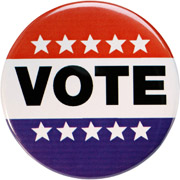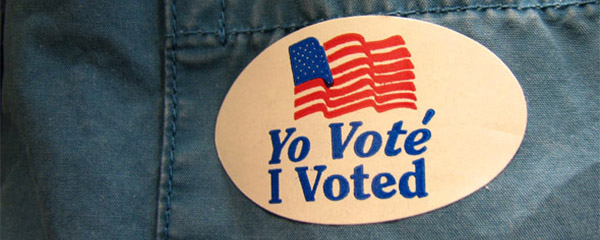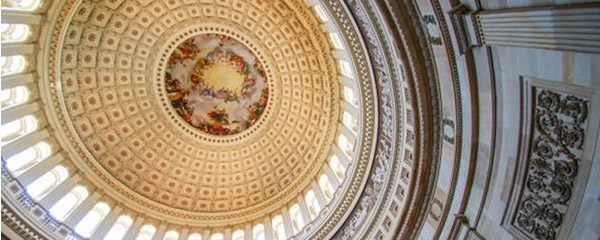Phantoms of a Beleguered Republic by Stephen Skowronek, John A. Dearborn, and Desmond King
A powerful dissection of one of the fundamental problems in American governance today: the clash between presidents determined to redirect the nation through ever-tighter control of administration and an executive branch still organized to promote shared interests in steady hands, due deliberation, and expertise.
What’s Luck Got to Do with It? by Edward D. Kleinbard
The American dream of equal opportunity is in peril. America’s economic inequality is shocking, poverty threatens to become a heritable condition, and our healthcare system is crumbling despite ever increasing costs. In this thought-provoking book, Edward D. Kleinbard demonstrates how the failure to acknowledge the force of brute luck in our material lives exacerbates these crises—leading to warped policy choices that impede genuine equality of opportunity for many Americans.

The Free-Market Family by Maxine Eichner
US families have been pushed to the wall. At the bottom of the economic ladder, poor and working-class adults aren’t forming stable relationships and can’t give their kids the start they need because of low wages and uncertain job prospects. Toward the top, professional parents’ lives have become a grinding slog of long hours of paid work. In this provocative book, Maxine Eichner argues that these very different struggles might seem unconnected, but they share the same root cause. Read a free chapter here.
“Vote Choice and the Nonseparability of Economic and Social Issues” by Lukas F Stoetzer, Steffen Zittlau
Political issues are central to contemporary theories of democracy and political representation. Research on voting behavior often assumes that American voters hold distinct economic and cultural issue preferences. In this research note, Lukas F Stoetzer and Steffen Zittlau point out that this does not necessarily imply that preferences for candidates’ positions on the two issue dimensions are also additively separable in voters’ decisions.
Exit from Hegemony by Alexander Cooley and Daniel Nexon
We live in a period of great uncertainty about the fate of America’s global leadership. Many believe that Donald Trump’s presidency marks the end of liberal international order—the very system of global institutions, rules, and values that shaped the American international system since the end of World War II. Alexander Cooley and Daniel Nexon develop a new, integrated approach to understanding the rise and decline of hegemonic orders. Read a free chapter here.

A Change is Gonna Come by Brian F. Harrison
“Get your head out of your @*&. Snowflake. Stupid liberal. Ignorant conservative.” There is much discussion today about the decline in civility in American politics. How can deliberative democracy survive if we can’t even speak to people with whom we disagree? As this book argues, we need a new way to discuss politics, one that encourages engagement and room for dissent. Read a free chapter here.
Never Trump by Robert P. Saldin and Steven M. Teles
As it became increasingly apparent that Donald Trump might actually become the Republican party’s 2016 presidential nominee, alarmed conservatives coalesced behind a simple, uncompromising slogan: Never Trump. Based on extensive interviews with conservative opponents of the president, Robert P. Saldin and Steven M. Teles reveal why such a wide range of committed partisans chose to break with their longtime comrades in arms. Read a free chapter here.
“Does Issue Importance Predict Learning About Candidates?” by Joshua Robison
A long-standing argument is that policy voting is more likely on issues the voter considers subjectively important. However, existing evidence is highly mixed. Joshua Robinson leverages panel data from the 2008-2009 American National Election Studies (ANES) Panel to investigate the relationship between subjective issue importance and a key mechanism thought to link it and policy voting: candidate knowledge.

This Land is My Land by James R. Skillen
Anti-federal government sentiment has animated conservative politics in the West for decades upon decades. This book tells the story of conservative rebellion-ranging from legal action to armed confrontations-against federal land management in the American West over the last forty years. Read a free chapter here.
The Ubiquitous Presidency by Joshua M. Scacco and Kevin Coe
American democracy is in a period of striking tumult. The clash of a rapidly changing socio-technological environment and the traditional presidency has led to an upheaval in the scope and standards of executive leadership. This book brings needed insight to this complex situation by offering the first comprehensive framework for understanding contemporary presidential communication in relation to the current socio-technological environment.



